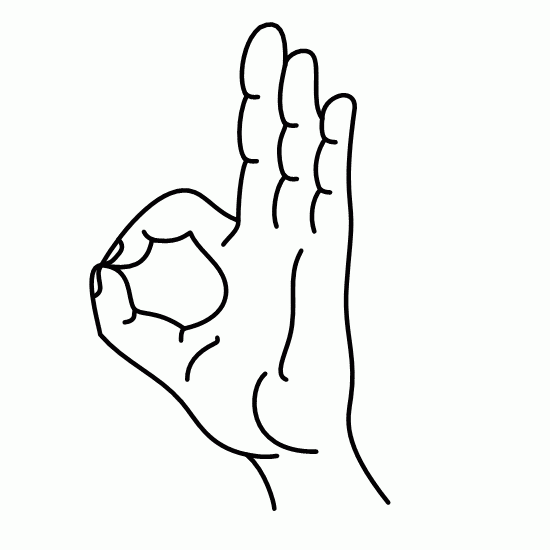-
3-minute read
-
13th December 2019
OK vs. Okay (What They Mean and When to Use Them)
It’s time to think about ‘OK’. No, not the USPS code for Oklahoma. We mean the word ‘OK’. We get a lot of questions about this term, including:
- What does ‘OK’ mean and where does it come from?
- Do ‘OK’ and ‘okay’ mean the same thing?
- Should I use the word ‘OK’ in my writing?
In this post, then, we’re looking at how to use ‘OK’ and ‘okay’ in your work.
What Does OK Mean? And Where Does It Come From?
The word ‘OK’ has two main uses:
- To express agreement or assent (e.g. OK, I’ll fix it tomorrow)
- To say something is all right or satisfactory (e.g. I feel OK today)
It can be a noun, an adjective, or an adverb, but it will always mean ‘all right’.
The origins of this term are hazy, with multiple proposed explanations. The most common, however, is that it was an abbreviation of ‘oll korrect’, a comical misspelling of ‘all correct’. Why did ‘OK’ catch on while the fad of comical misspelling faded? We’re not entirely sure. As proofreaders, though, we’re grateful that deliberate typos are no longer in fashion.
Do Okay and OK Mean the Same Thing?
Short answer: Yes! Both ‘OK’ and ‘okay’ mean ‘all right’, and they can both be used to express agreement. Many people think ‘OK’ is a shortened version of ‘okay’, but, as explained above, ‘OK’ came first. In fact, ‘OK’ has been around since the 1840s, with ‘okay’ emerging a few decades later.
Find this useful?
Subscribe to our newsletter and get writing tips from our editors straight to your inbox.
Subscribe to Beyond the Margins and get your monthly fix of editorial strategy, workflow tips, and real-world examples from content leaders.

(Image: NicP/Wikimedia)
Now, both spellings are accepted, so you can use either in your work. Some people also write it as ‘O.K.’ or use the lowercase ‘ok’, which are widely accepted, too, though less common. However, whichever of the above spellings you choose, make sure to use one version consistently throughout each document. Don’t switch between them at random!
Should You Use OK or Okay in Formal Writing?
As above, these spellings are both fine. Neither is more ‘formal’ than the other. And the choice between them is a matter of preference, so just use whichever version you like more. Some people feel that ‘okay’ sounds more literary. And it is more common in fiction. But the original version is ‘OK’ and this is more common overall. So both have their strengths!
However, the AP Stylebook specifies using ‘OK’. And other style guides may recommend checking a dictionary for the preferred spelling. As such, it never hurts to check your style guide if you have one.
Summary: OK or Okay?
In summary, ‘OK’ and ‘okay’ are both OK (or ‘okay’, ‘O.K.’ or ‘ok’ depending on preference). The only things you need to know to use them are:
- ‘OK’ and ‘okay’ both mean ‘all right’. You can therefore use them to express agreement, satisfaction, or approval.
- You can use either spelling (even in formal writing). However, if you have a style guide, you should check to see if it specifies one version.
Otherwise, it’s a matter of preference! Just make sure to use one spelling consistently throughout each document. And if you’d like an expert to help with this, our proofreaders are always available.




